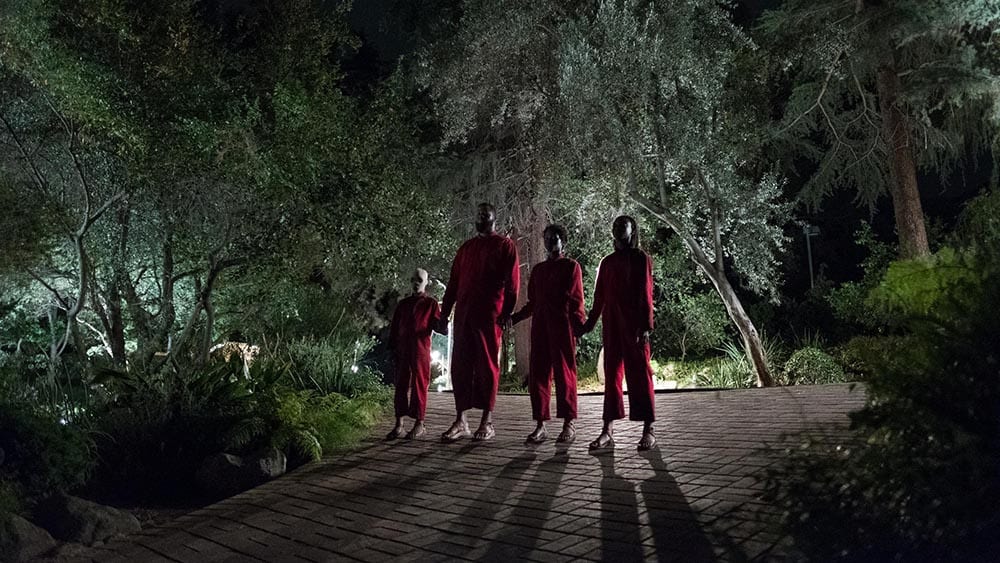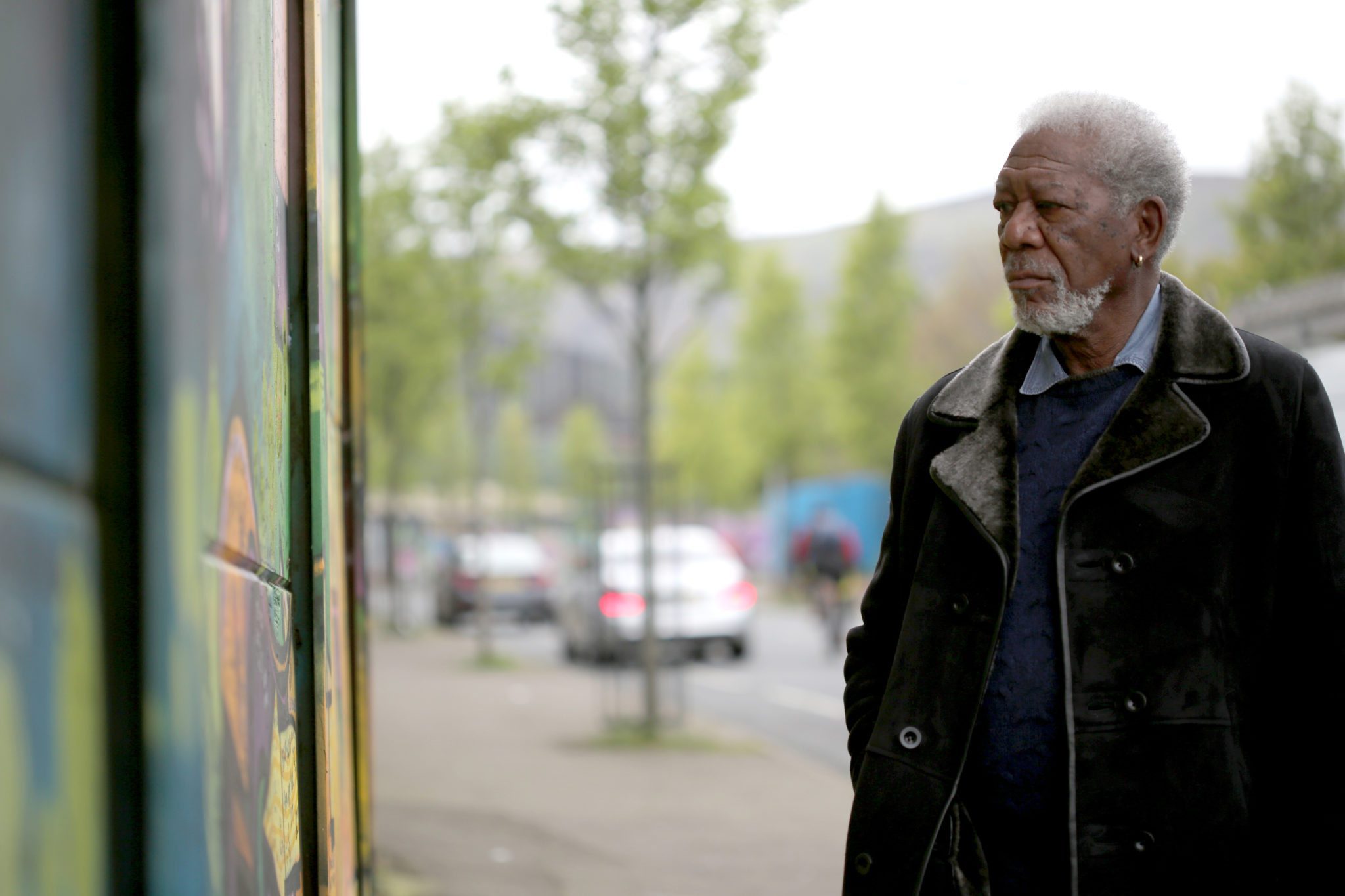![[Movie] Moments that Mattered (2019 Edition)](https://b311079.smushcdn.com/311079/wp-content/uploads/2020/01/Rocketman.jpg?lossy=1&strip=1&webp=1)
[Movie] Moments that Mattered (2019 Edition)
Film criticism is a funny thing sometimes. While some love a film that you hate (or vice versa), there can be pressure to acknowledge that certain films deserve to be held up as ?best? when you simply don?t connect with them. In the same way, a movie that you don?t enjoy can also have redeeming…


